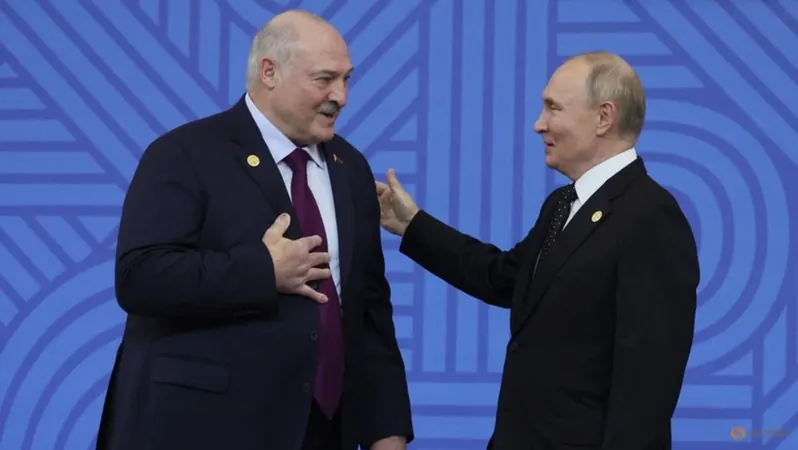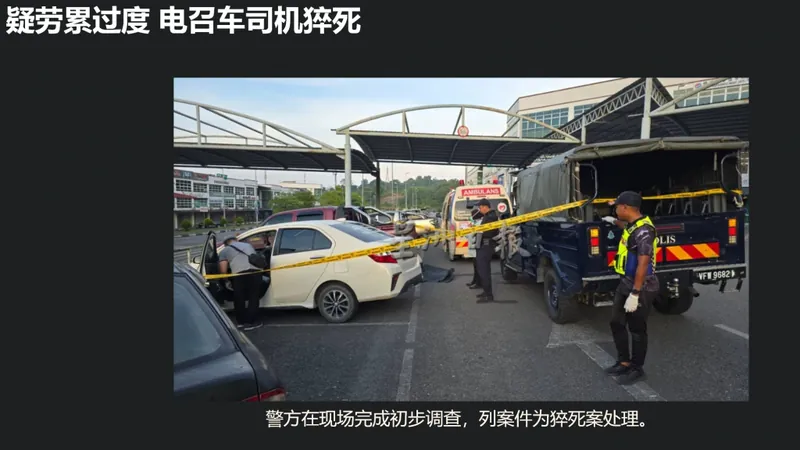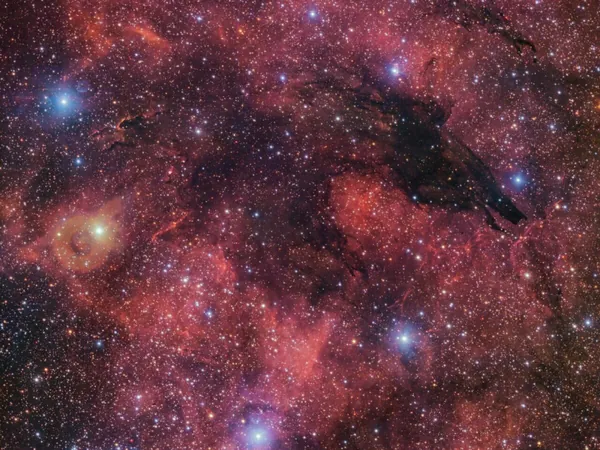
Belarusian President Warns: Foreign Troops Could Ignite a New Wave of Conflict in Ukraine
2024-10-24
Author: Ming
MOSCOW – Belarusian President Alexander Lukashenko, a key ally of Kremlin leader Vladimir Putin, made a striking statement during an interview on October 23, asserting that the introduction of any foreign military forces into the conflict in Ukraine would lead to a significant escalation.
Lukashenko's comments come amid reports from the United States indicating the presence of North Korean troops in Russia, with South Korean officials estimating that approximately 3,000 soldiers have been deployed. This development raises alarm bells in the ongoing conflict, which has now lasted more than two and a half years.
In various interviews with major media outlets, including the BBC and Russian state television, Lukashenko emphasized that any potential use of the Russian nuclear arsenal stationed in Belarus would require his explicit approval. He stated, “I am completely ready to use them – otherwise, why have these weapons? But only if a foreign soldier sets foot in Belarus. We have no plans to attack anyone.”
Dismissing claims of foreign troops being sent to assist Russian forces, Lukashenko told the BBC, “Rubbish... Knowing his character, Putin would never persuade another country to involve its army in this operation.” He further warned that the involvement of foreign troops would lead to increased aggression from Ukraine’s NATO allies, potentially resulting in NATO forces being deployed directly into the conflict zone.
Interestingly, the Kremlin has refrained from confirming whether North Korean troops would engage in combat in Ukraine, although it maintains that strengthening ties with Pyongyang is a sovereign decision for Russia.
Moreover, as a seasoned leader in power since 1994, Lukashenko indicated he might seek re-election in the upcoming January 2024 presidential elections, contingent on the encouragement from his supporters. His previous election in 2020 faced widespread accusations of fraud, leading to significant protests that were met with a brutal police crackdown, a move supported by Putin at the time.
Recent military maneuvers also show a troubling shift, as tactical nuclear missiles were re-stationed in Belarus starting June 2023 after being withdrawn following the dissolution of the Soviet Union. The potential implications of such moves add a layer of urgency to the ongoing geopolitical tensions in the region.
As the situation develops, Lukashenko's insights reflect the intricate and volatile interplay of alliances that could potentially engulf the entire region in further conflict, bringing the fear of an expanded war closer to reality.





 Brasil (PT)
Brasil (PT)
 Canada (EN)
Canada (EN)
 Chile (ES)
Chile (ES)
 España (ES)
España (ES)
 France (FR)
France (FR)
 Hong Kong (EN)
Hong Kong (EN)
 Italia (IT)
Italia (IT)
 日本 (JA)
日本 (JA)
 Magyarország (HU)
Magyarország (HU)
 Norge (NO)
Norge (NO)
 Polska (PL)
Polska (PL)
 Schweiz (DE)
Schweiz (DE)
 Singapore (EN)
Singapore (EN)
 Sverige (SV)
Sverige (SV)
 Suomi (FI)
Suomi (FI)
 Türkiye (TR)
Türkiye (TR)